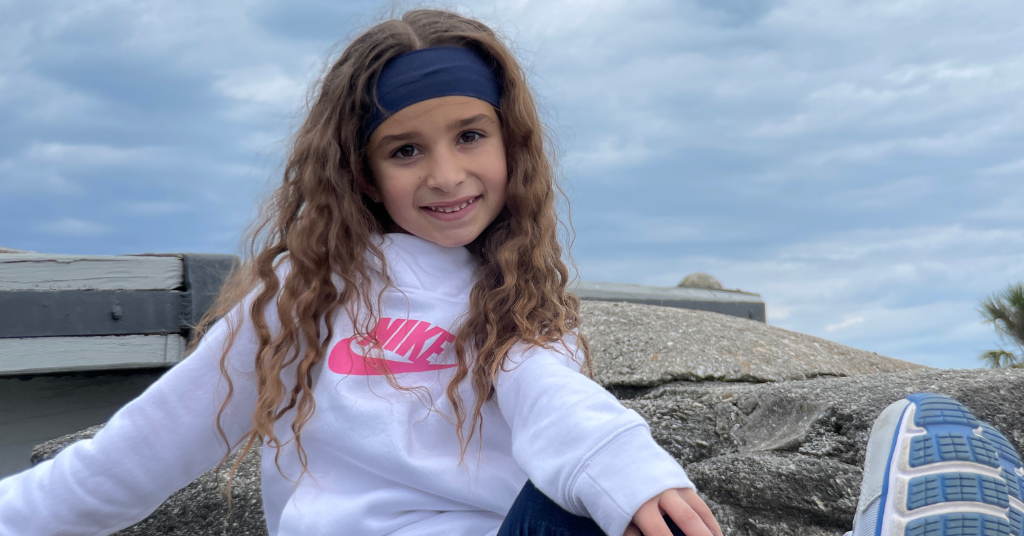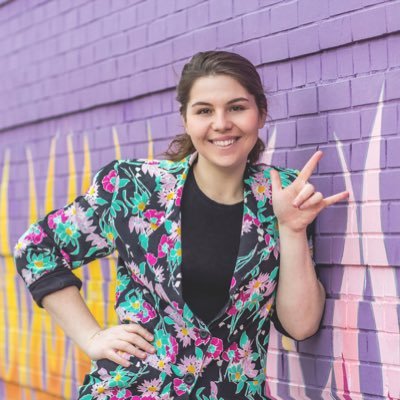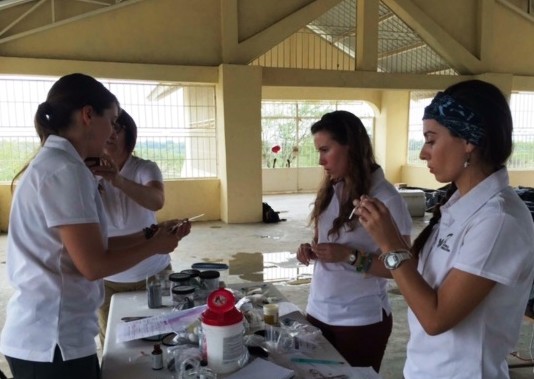
“My hearing aids are by far the best thing that has ever happened to me.”
Mårten Jeppsson suffered a hearing impairment as a child, and tests indicated that it was located in the cochlea of his ear. Mårten says that, unfortunately, there is no treatment for it, and goes on to describe a childhood marked by misunderstandings and difficult situations. As an adult, he sought help and, with the use of various hearing aids, his daily life has gradually improved. However, it was only three years ago when he was introduced to Roger On that his life changed dramatically.
Are you wondering if you have hearing loss? Do a quick, Phonak Online Hearing Screener
Everyday life
Mårten lives in Simrishamn with his wife and two children. He has worked in the catering industry for most of his life, and is currently a chef at Löderups Strandbad. Restaurant kitchens are a noisy environment that presents challenges for him, but he has always enjoyed working as a chef, and the profession has even taken him abroad.
“I’ve always managed well, but having hearing loss and being in a noisy environment where I have to try to hear a language I haven’t quite mastered – that’s a real challenge,” he admits with a laugh.
Without hearing aids, Mårten can hear very little and describes what he hears as a muffled sound without treble. Even with hearing aids, he has sometimes needed to concentrate a lot and his brain has had to work flat out to keep up. By the end of the day, he has been very tired and he describes how he has often come home tired and nearly been rude to his family.
“Even with hearing aids, he has sometimes needed to concentrate a lot and his brain has had to work flat out to keep up.”
“Clearly, this is not a good situation and I increasingly realized that I needed additional help with my hearing impairment,” he says. “I also found it to be a growing problem in my workplace when colleagues had to keep repeating themselves and asking me questions over and over again.”
Better hearing with Roger Microphones

Mårten decided to seek help and, three years ago, was introduced to brand new hearing aids from Phonak. First, he got to try out new hearing aids, and then also the Roger Table Mic II microphones.
“I put the microphones on the table when I’m in meetings with colleagues, or people who want to book an event with us,” he says. “They look like a “puck” with a 360-degree listening radius, and automatically pick up the voice of the person speaking. My hearing range has increased and I feel more engaged in discussions.”
Although the hearing aids and microphones made life easier for Mårten, he still found that all the slamming and noise in the kitchen affected his work situation. He turned to Phonak to see if there was anything more that could be done.
“That was when I got to try the Roger On. It is a microphone that connects to my hearing aids and can be placed anywhere,” he says. “It can be placed in a fixed location, held in the hand, or even hung around the neck/attached to the clothing of colleagues. As well as filtering out all the chatter, I can now hear everything my colleague by the microphone is saying, no matter where we are in the kitchen.”
Hearing aids liberated me
Mårten says that he has received many reactions from people around him. From his German friends on jobs abroad asking him what has happened as they no longer need to repeat their questions, to the staff at Löderups Strandbad telling him how he has become so responsive.
“It has to be the ultimate feedback for a person who is hard of hearing,” he says.
Mårten describes the hearing aids as a form of liberation and that they have actually given him a whole new life, both at home and at work. From the time he gets up in the morning until he goes to bed at night, he feels less stress and fatigue. Additionally, with his brain no longer under as much strain, he can remember more things and is more aware of what is happening around him.
“I can even hear conversations that I am not involved in, which means that I can now pick up details and provide input about what is being discussed and decided upon. My hearing aids are by far the best thing that has ever happened to me.”


 Navigating gymnastics with hearing loss is a unique but enjoyable experience for Sophia. As a Level 2 gymnast, Sophia needs to wear a headband around her head to secure her cochlear implant processors. When Sophia began in gymnastics, she had specific challenges to overcome.
Navigating gymnastics with hearing loss is a unique but enjoyable experience for Sophia. As a Level 2 gymnast, Sophia needs to wear a headband around her head to secure her cochlear implant processors. When Sophia began in gymnastics, she had specific challenges to overcome.




